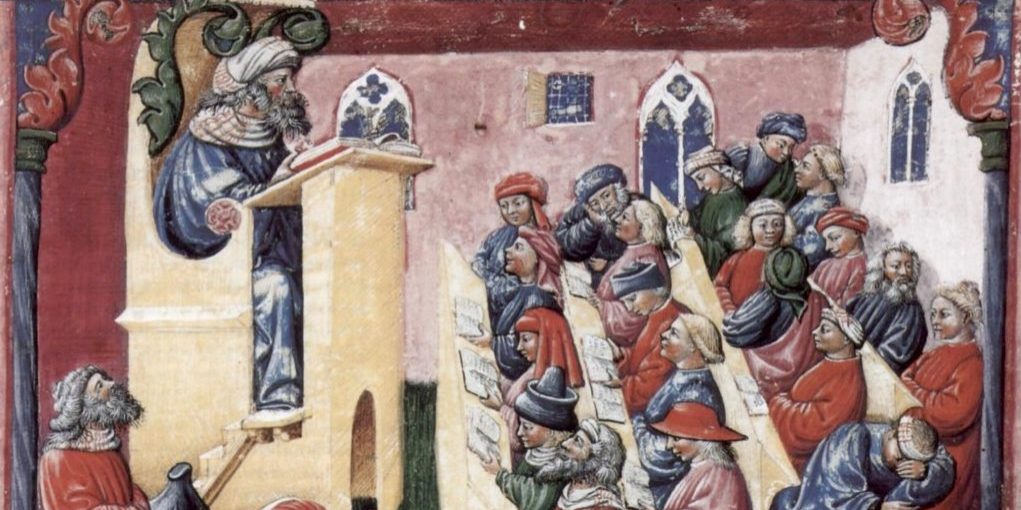
Divine Simplicity and the Grammar of Classical Christian Orthodoxy
The doctrine of divine simplicity is anything but easy.
Christians do not have “doctrines” of God. Rather, there is a single “doctrine” of God which is internally coherent and based on the full picture of Scripture. When structuring this singular doctrine, James Dolezal reminds us that “there are rules to govern this task” which “tell us how to put the pieces together.” Classical Christian Theism has offered a “grammatical template” that can help theologians properly articulate this doctrine of God.
Dolezal continues, “The ways we talk about God shape and mold other ways we talk about God. There are a sort of central controlling elements in this grammar, in this God talk, that we undertake. The goal of Christian theology is not to comprehend God but to speak of him correctly.” This does not mean that the task of theology eliminates mystery as “theological mysteries are not for resolving or solving. Theological mysteries are for naming, identifying, and adoring.”
Throughout this next video, James Dolezal investigates the doctrine of Divine Simplicity which he suggests is the center that holds the grammatical template of Classical Christian Theism together.

